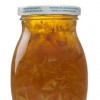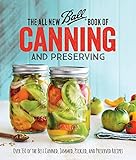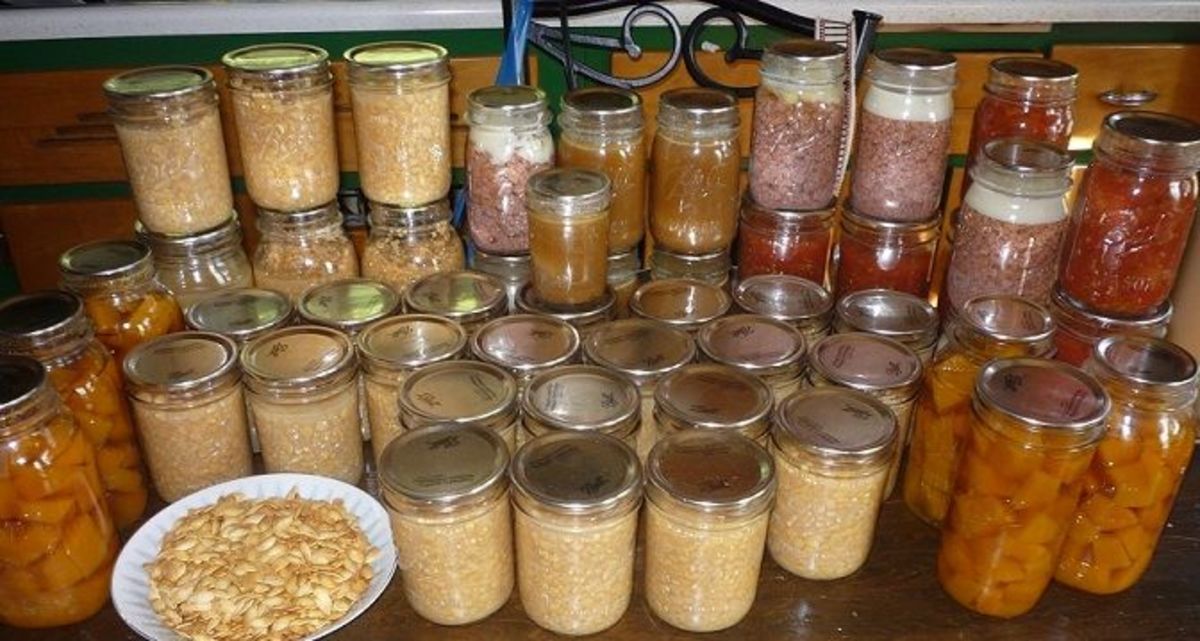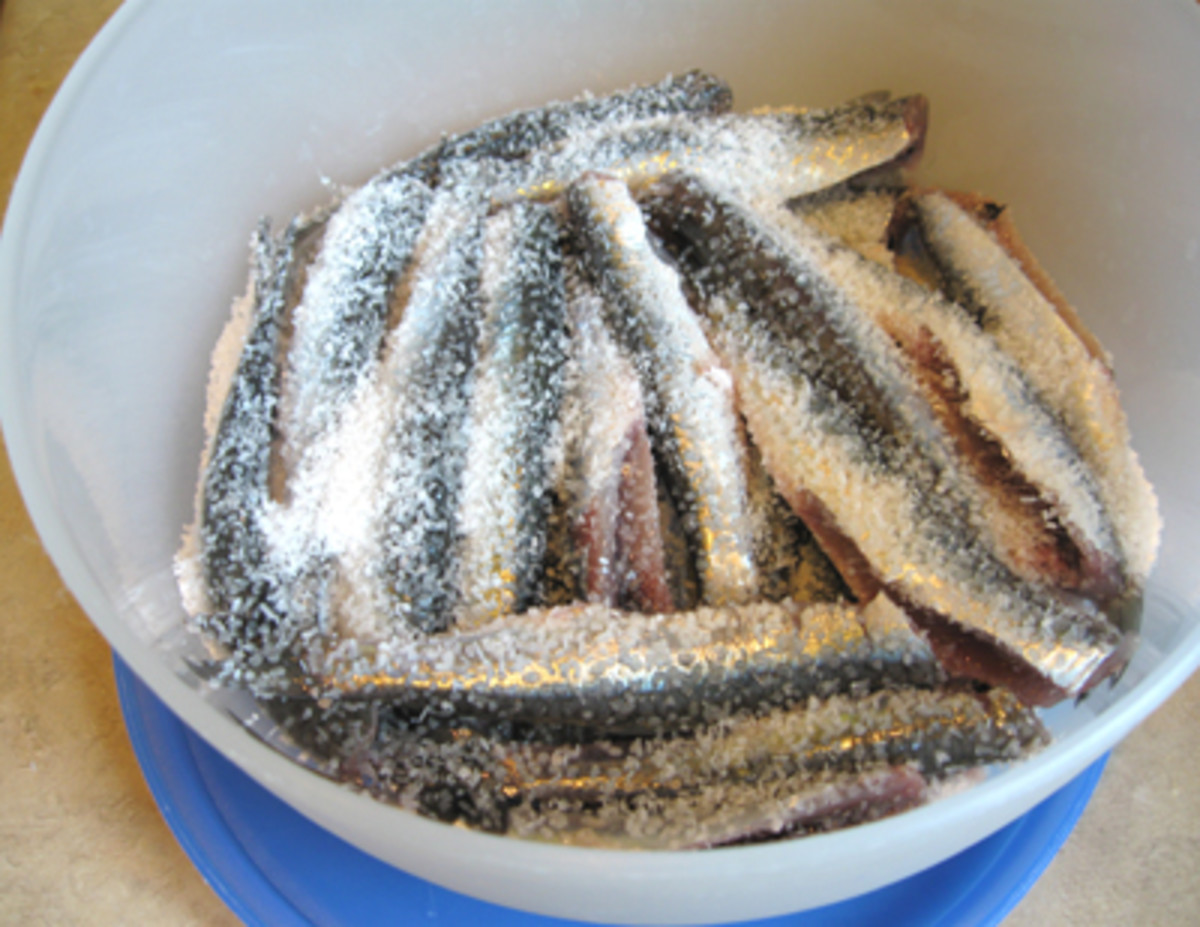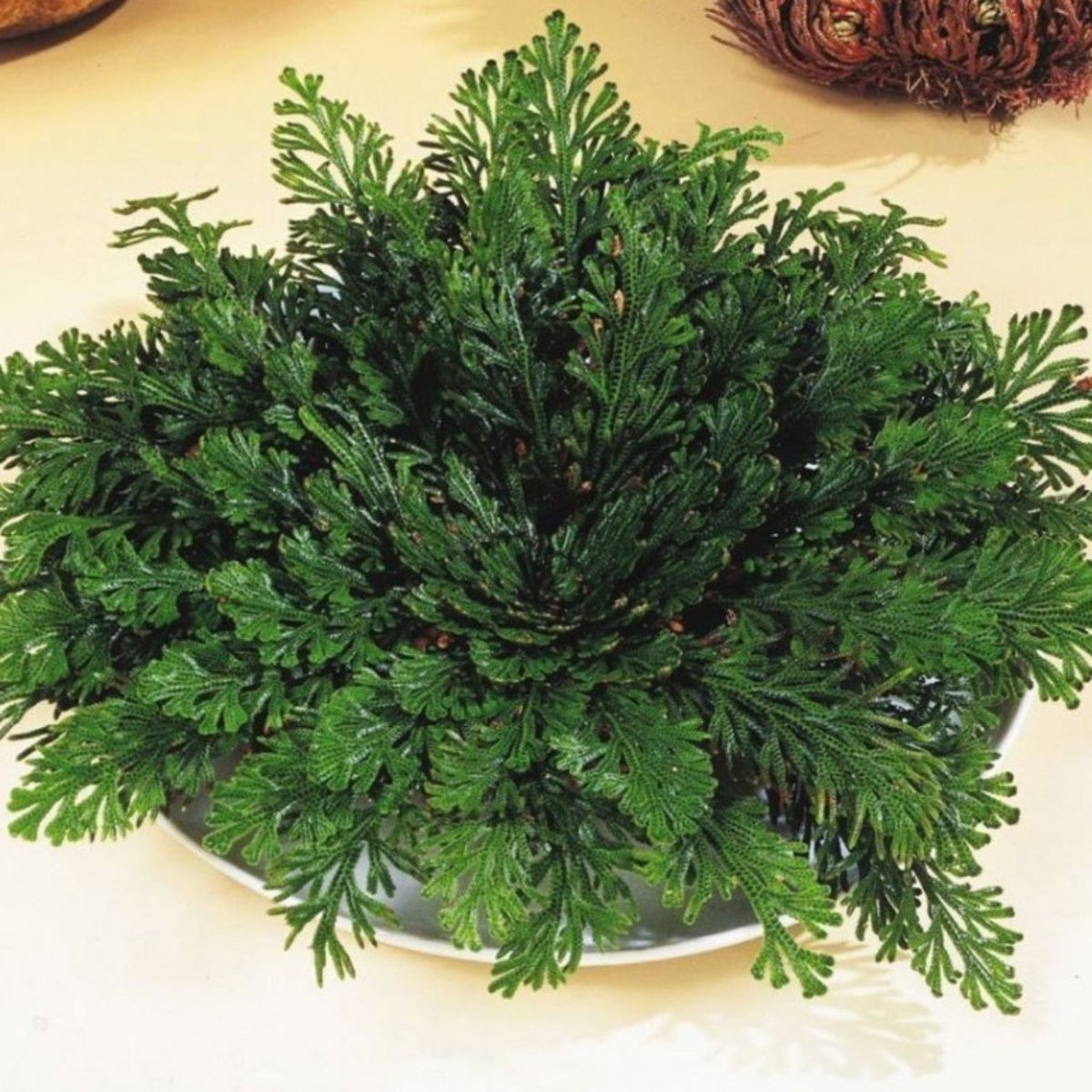The Rediscovery of a Normal Life Through Gardening, Tinkering, Pickling, and Cooking

How Quickly We Forget
Two generations ago, there wouldn't be a single house without some sort of root cellar for the winter, some space for pickled vegetables and canned fruits in jars, a workshop for fixing things, and any window or yard space would be full of fruit, vegetables, and other useful plants. Homebrewing country wine and beers was something everyone knew how to do, if they wanted to do it. It wouldn't be strange to see a man with small tools poring over the open gears of a clock in his spare time, looking to see what's broken. It's hard to imagine that in the average home today. Peer into the house of your neighbor and your neighbor's neighbor, and you'll see a scene of zombies staring into the fridge for pre-prepared packaged foods, and staring into the screen of a television or computer for the filling of "free" time and looking things up on the internet to call specialists in to fix things that we really ought to know how to fix. We've created a simpleton culture, where we don't remember how to survive and thrive without electricity, or the systems of distribution upon which we have become utterly dependent.
Canning and Preserving
Interested in saving a little money? Invest in some quality jars with sealing lids, canning tongs and a good pot. These simple tools can be used to preserve fresh, seasonal fruits and vegetables for years to preserve the peak freshness of the fruit when it is in the most plentiful supply, and therefore cheaper. It's a simple process that every grandmother knew how to do, once. What happened? This simple, enjoyable task that can be done in an afternoon can preserve fresh food for years. Whether by making jams and jellies, simple pickles, or old, family recipe spiced and herbed blends to flavor the pickles. As the producer of this product, you will know every ingredient you put in, and you will know what you expect to get out. Canning and preserving is an old way of doing things that goes back in time for hundreds of years. We have mostly forgotten how to do this, and it's worth doing again. Our food systems are precarious, and canning our own produce is how to begin on the path of sufficiency that will teach the necessary skills down the generations to protect us from the sort of economic hardships that come from the sanctions we imposed upon Iran, and will inevitably come our way, in enough time.
Gardening isn't Just a Hobby
With the obesity epidemic in this country, gardening isn't just a hobby. Gardening is the future of food. We cannot trust agri-business to put healthy, wholesome food on our plates. And, government regulation created the whole mess with the farm bills and regulations that created the monsters of Agribusiness that are destroying our health and the well-being of this planet. It may be hard to believe, but this staunch Republican is dead-set against the whole notion of farm subsidies and agribusiness that seem to be the shining examples of how our government has failed us with regulations that don't work. The local food movement has happened as a direct result of consumer and producer engagement, and has nothing to do with farm subsidies, federal regulation, or anything of the sort. It's a simple thing where consumer demand for quality produce led directly to businessmen and farmers meeting those demands. It's a simple, ancient process whereby consumers and savvy local businesses come together to forge meaningful bonds of commerce without the interference of congress, interstate commerce laws, or any of the nonsense that is regulating our population into sickness and early death. The government has no business in agriculture as anything but a purchaser of goods for members of the armed services.
Gardens used to be in every home. 40 acres and a mule wasn't just a pipe dream of gift-giving; it was what people needed to feel self-sufficient. Acquiring enough land for a meaningful garden has never been cheaper or easier with the wide distribution of water, electricity, and commuting times. People really can live on just an acre or two without a huge influx of cash to pour into the agriculture network that would love to see us all consuming vast quantities of high-calorie, low-nutrition food.
Start a victory garden. Do you remember those? When food was scarce around the world wars, every household was encouraged to grow something to eat. Where is your victory garden? How much space can you dedicate to feeding your family whether it's a sunny window, or a huge plot of fallow ground. These skills to grow, save seeds, and continue the cycle of plant life and soil development for healthy, wholesome food will be lost in your family if someone doesn't step up and teach the children what it means to live off the land, and live well. Forty acres and a mule isn't just a pipe dream: It's a dream of security and self-reliance independent of the whims of the banks and the businesses and the governments that have their hands in our pockets.
Do you fix it, or do you throw it away?
It is amazing how much we throw away. It is simply amazing how little we know about the machines that surround us. I prefer to build my own computers from parts, in part because I prefer to know what the heck is happening in there. If I had the time and the tools, I'd love to build a car from a kit. When your toaster shorts out, do you know how to fix it? do you know the line between what is safe to tinker on and what is not? For instance, I would not hesitate to pick apart a broken watch and see if I can't figure out what happened. I would never, ever tinker with the garage door opener. The spring on the garage door opener is a very, very deadly, dangerous coil that could kill you if you do not handle it correctly. I would not hesitate to try and fix my own toilet or sink, but I would never, ever touch the oven with the gas line. I leave that to the pros.
Still, some of my fondest memories was my dad tearing the walls down and reinsulating them. I was just a wee lad of five or six, and my dad was blowing my mind because he was taking walls down with a hammer, putting in wood braces to strengthen the building, and installing strips of insulation. I grew up in England, and a lot of the buildings there are very old, with terrifically bad insulation. Much of British culture, in fact, can be deduced from the fact that we spend nine or ten months out of the year absolutely freezing every night if we so much as take a coat off indoors for a minute. My dad was a tinkerer, though. He knew what to do to get the old plumbing working, and how to take off windows and replace them, and even do some light electrical work. He was also a master of knowing when to stop. Even at a young age, he would point to the gas lines in the wall and tell me not to touch, no matter what. He'd call in a bloke for the furnace, too. Some things are actually terrifically dangerous, even in the average home. He often spent a night hunched over some piece of the car, or some broken thing from the house, working it out. He'd only replace it if he couldn't fix it. You know, sometimes he could fix it.
This is the kind of father I try to be for my girls. I try to make sure they know what skills are important to remember, generation-to-generation, because we cannot count on the government of big business to do anything but regulate them into obsolescence. If we don't keep these skills in place for our households, our children, and our communities, we cannot expect to survive and thrive when what we view as a solid, reliable system of infrastructure is so incredibly young that we don't even really know how long it will last. Really, supermarkets are less than a hundred years old. Agribusiness arose in the 70s as a response to a system created by excessive government regulations and subsidies. What we see as the way things are done, as our status quo, is an infant moment blinking in the face of human history.
It isn't so much an apocalyptic vision, but a truth that we shouldn't have to rely on someone else to take care of us when the going gets tough. We ought to have some semblance of toughness and self-reliance and resilience. We need to have the skills ready, because they are important skills. We need to pass them on to our children, too.
